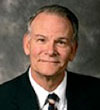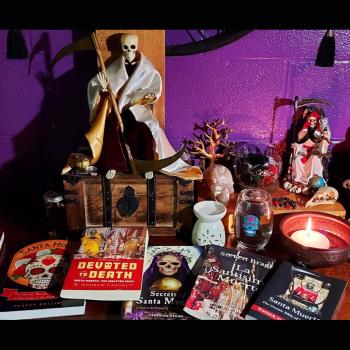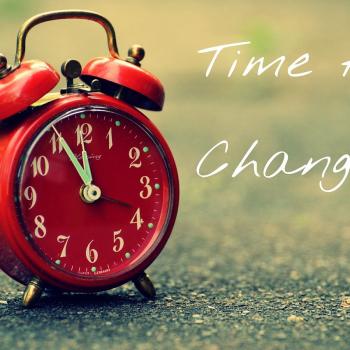Krister Stendahl, who is a well-known New Testament scholar and also the Lutheran Bishop of Stockholm, Sweden, held a press conference in Stockholm in the LDS Stake Center there when we were building our temple. He called the press conference because he wanted to talk about his Mormon neighbors and what they were doing. In the context of that talk he gave three criteria for interfaith dialogue.
The first was, if you want to know what your religiously diverse neighbor believes, ask an active, knowledgeable, participating member of that faith. Don't ask somebody who belongs to Ex-Mormons for Jesus what the Latter-day Saints believe. You're liable to get a biased opinion.
Secondly, if you're going to compare, and we always do, compare your best with their best. So often we want to show what's good about our tradition and what's lousy about theirs. We can find all sorts of things that are lousy about other people's faiths because there are human beings involved in it. As a Bishop now for a second time, I know there are lousy things about Mormons, too, that we could point to. That's not what I want to be judged on; I want to be judged on the things that are best in my faith and I want to look at the best that other people have to offer to the world.
Thirdly, Stendahl said leave room for "holy envy." To show what he meant, he said, speaking of baptism for the dead, "Isn't it wonderful that there is a group of people among us who believe that God's grace is so all encompassing, that extends not only to the living, but also to the dead." Lutherans don't have anything like that. He was willing to recognize the good and beautiful and not try to one-up it. Leave room for holy envy.
So dialogue can be tremendously useful. I've been involved for 4-5 years now in an Evangelical-Mormon dialogue group. We've been meeting about twice a year and talking about various aspects of our faiths and looking to see where there are points of commonality and points of difference. In a very real sense I suppose that was apologetics, that dialogue we did for four years. We've come to trust each other, we've come to the point where we can talk about virtually anything and we know that we are in good company. There are friendships that have grown and we pray together and worship together and that's really what should be there.
In the end, I want people to know Jesus Christ. I have far less concern the older I get for theology and a much greater concern for my mystical relationship with my Heavenly Father and my Savior Jesus Christ.
This article is an edited version of an original informal Mormon conference presentation.
 Roger Keller currently holds the Richard L. Evans Chair of Religious Understanding at BYU and teaches comparative world religions. He is a convert to the LDS Church, having served as both a Presbyterian and a Methodist Minister. His writing has been in areas of interfaith dialogue and the Book of Mormon.
Roger Keller currently holds the Richard L. Evans Chair of Religious Understanding at BYU and teaches comparative world religions. He is a convert to the LDS Church, having served as both a Presbyterian and a Methodist Minister. His writing has been in areas of interfaith dialogue and the Book of Mormon.




